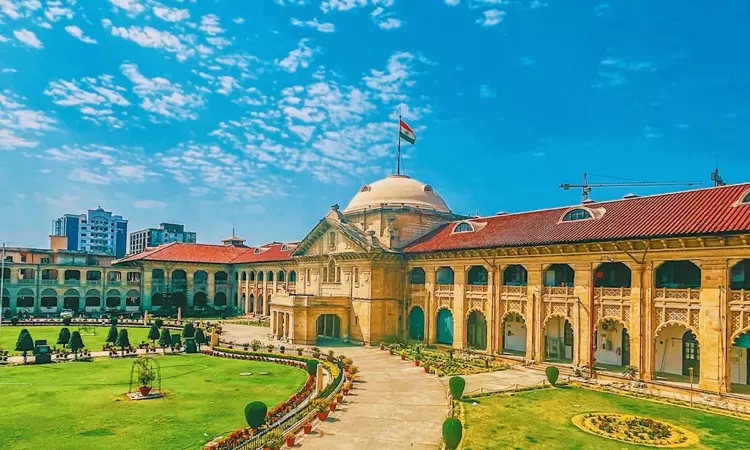Everyone Is Free To Change Religion In India But It Has To Be Done Legally: Allahabad High Court
Sparsh Upadhyay
10 April 2024 7:54 PM IST

Next Story
10 April 2024 7:54 PM IST
In a recent observation, the Allahabad High Court has said that people in India are free to choose and change their religion, however, such changes must adhere to legal procedures. A bench of Justice Prashant Kumar emphasised that credible proof of a desire to convert one's religion is required, followed by clear overt actions to carry out such a desire. Importantly, the Court...
